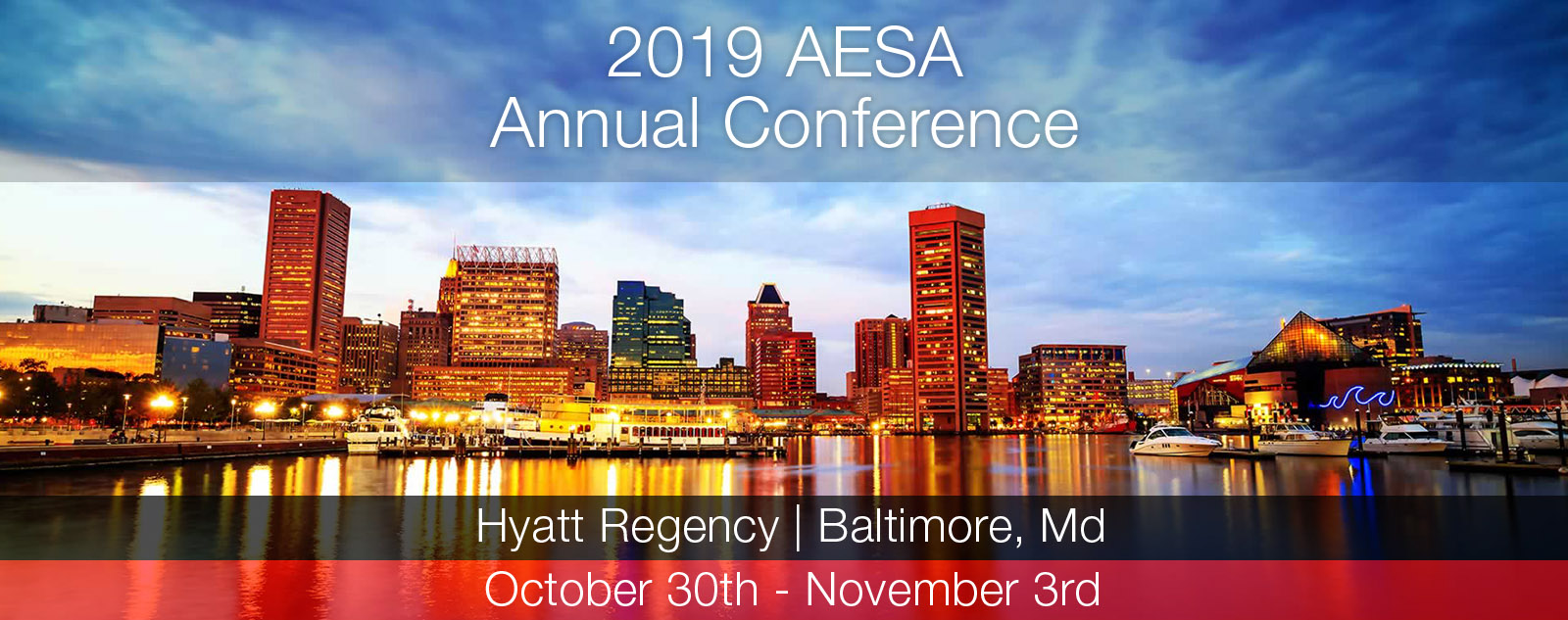AESA 2019 Annual Meeting - Final Program
“¡El pueblo unido jamás será vencido!”:
Critical community building for social justice in divisive times
We are in a sociopolitical, historical moment rife with daily images and stories of institutional forms and, relatedly, individual acts of injustice and violence. Yes, there has always been injustice – locally, nationally, and globally – directed against various individuals and groups of people. Our current moment is an extension and outgrowth of historical oppression. Still, it feels that we are falling into a new, or remixed, “normal” of mass shootings, police brutality, racial profiling, public acceptance of misogyny, overt acts of white supremacy, religious persecution, anti-immigrant rhetoric, anti-LGBTQIA+ policies, etc. as violence gets played out in new ways and social media/news outlets play image loops that threaten to deteriorate community building amid countless denials and retractions of previously won human and civil rights.
The American Educational Studies Association (AESA) has, for 50 years, been a society of academics who examine normative and critical perspectives on education, both within formal education systems and outside of those; we typically conceive of education broadly, recognizing that such systems are impacted by the larger world we live in, and education can happen anywhere. In our efforts to think through the purpose of education and the praxis to best fulfill that for all people, we are called to consider how to promote social justice through our work. To maintain critical hope, it behooves us to remember the social movements and collective solidarity work that has been done in the past and continues to exist. “El pueblo unido jamás será vencido!” (“The people united will never be defeated!”) is a song recorded in 1973, just 5 years after AESA began, composed for the popular unity government movement in Chile mobilized by working-class people. Since then, those words have been chanted in various national and global protests, pointing to the power of communal action and solidarity. The concept of “pueblo” can invoke community, history, ancestors, place, and investment in others. As educators we can continue solidarity work seizing opportunities for collective action through community building in the classroom and beyond.
This year’s conference theme builds upon previous themes centering risk, collaboration, love, remembering, and connections with/in differences. Participants are encouraged to consider the role of critical community building, coalition, solidarity, and “pueblo” work in efforts to promote social justice in educative spaces.










